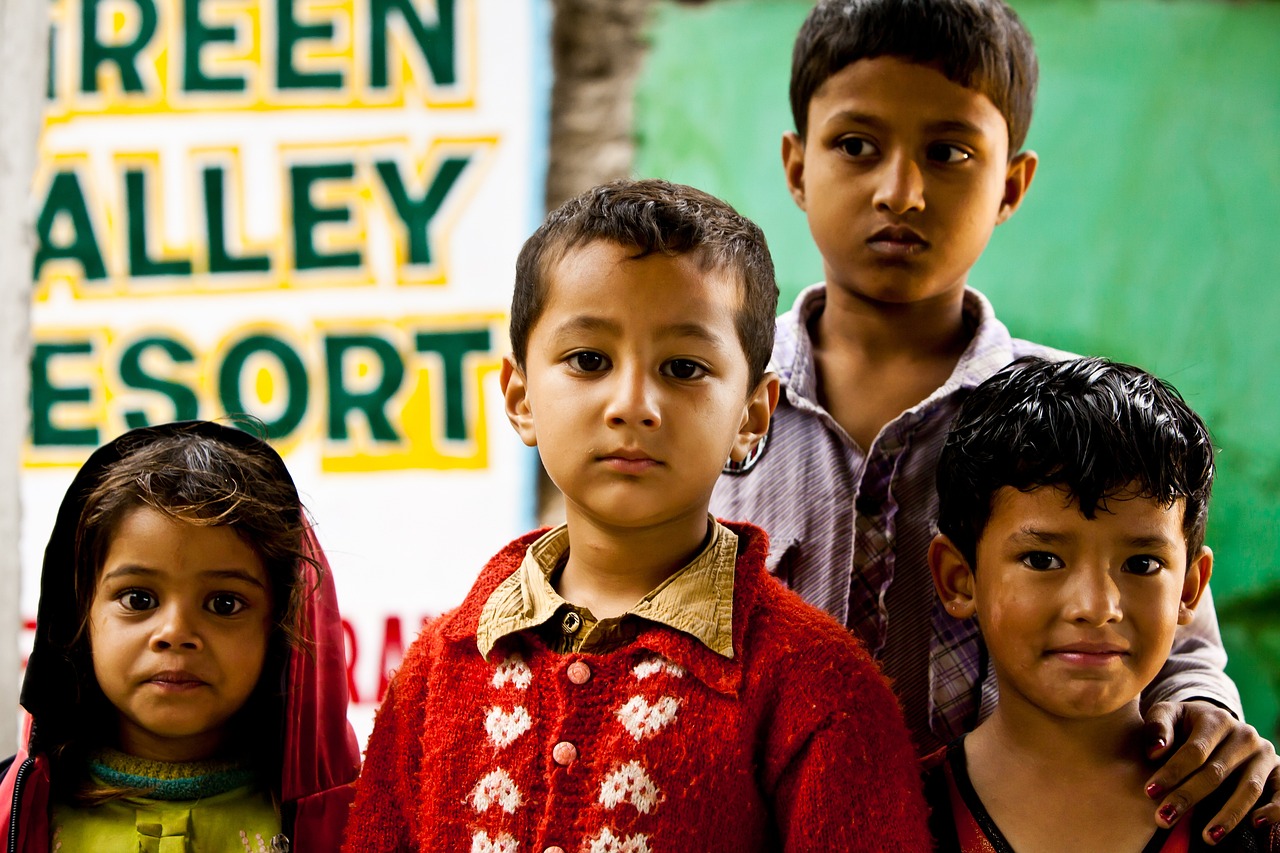Fusion Indonesia upholds safety standards for our team, volunteers, and all individuals engaged in activities with us. We are also committed to protecting the safety and well-being of vulnerable groups, including children, women, pregnant individuals, adolescents, people with disabilities, people from discriminated groups and others at risk.
SAFETY POLICY
PROTECTION FOR CHILDREN, WOMEN, DISABILITY GROUPS, AND OTHER VULNERABLE GROUPS
Fusion Indonesia supports the protection and safety of every child, every individual with disabilities, and other vulnerable groups in their interactions, relationships, and personal growth. In recognition of the importance of this issue, a policy needs to be formulated for all staff, regional leaders, team members, sympathizers, volunteers, and/or any individual or group collaborating with Fusion Indonesia to understand and implement. This policy is outlined in three essential components (A, B, and C): Point A covers violations against Children, Adolescents, Individuals with Disabilities, or other Vulnerable Individuals; Point B outlines Protective Actions for Children, Women, Individuals with Disabilities, or other Vulnerable Individuals; and Point C addresses additional key considerations. Below is a detailed explanation of the child, women adolescent, disabled group, and vulnerable group protection policy.
A. Violations
All staff, regional leaders, team members, sympathizers, volunteers, and/or any individual or group collaborating with Fusion Indonesia agree and commit NOT to engage in the following violations:
1. Committing acts of violence against children, adolescents, individuals with disabilities, or individuals from other vulnerable groups, whether verbal, physical, or in any form that causes direct or indirect harm. Examples include verbal abuse (e.g., cursing, insulting, accusing) and physical abuse (e.g., hitting, pinching, slapping).
2. Threatening children, adolescents, individuals with disabilities, or individuals from other vulnerable groups, whether verbally or non-verbally, for personal or group interests that could harm or endanger them. Examples include threats of physical harm or threats to life.
3. Neglecting or abandoning children, adolescents, individuals with disabilities, or individuals from other vulnerable groups, intentionally or unintentionally. For instance, leaving a child alone without supervision.
4. Committing sexual acts or other indecent acts against children, adolescents, individuals with disabilities, or individuals from other vulnerable groups. Examples include molestation or rape.
5. Engaging in discriminatory acts in any form against children, adolescents, individuals with disabilities, or individuals from other vulnerable groups. An example includes prioritizing certain individuals due to familial, social, or ethnic ties.
6. Engaging in offensive or inappropriate actions related to ethnicity, religion, race, and intergroup relations.
7. Establishing inappropriate romantic or other unhealthy relationships with children, adolescents, individuals with disabilities, or individuals from other vulnerable groups that violate decency, ethics, and morals.
8. Taking photos, sharing, and/or publishing photos, images, names, or addresses of children, adolescents, individuals with disabilities, or individuals from other vulnerable groups without permission. Consent must be obtained from the individual, their parents, or other family members.
9. Being involved in exploitation or trafficking of children, adolescents, individuals with disabilities, or individuals from other vulnerable groups, either intentionally or unintentionally.
10. Depriving children, adolescents, individuals with disabilities, or individuals from other vulnerable groups of their basic rights, such as food, shelter, clothing, money, education, and affection.
11. Taking children, adolescents, individuals with disabilities, or individuals from other vulnerable groups without the consent of their parents or family members.
B. Protective Actions for Children, Women, Adolescents, Individuals with Disabilities, or Other Vulnerable Individuals
The following actions are recommended for implementation by all staff, regional leaders, team members, sympathizers, volunteers, and/or any individual or group collaborating with Fusion Indonesia:
1. Carry out duties and responsibilities professionally, honestly, with integrity and dedication, whether or not they involve children, women, adolescents, individuals with disabilities, or other vulnerable groups.
2. Avoid all violations listed in Section A of the child protection policy.
3. Report any suspicious actions or evident violence towards children, adolescents, individuals with disabilities, or individuals from other vulnerable groups to superiors or the authorities.
4. Prioritize the rights and safety of children when performing duties and responsibilities, such as prohibiting participants from smoking during events.
5. Assign a designated representative in every event or activity to whom children can report discomfort caused by others or the environment. Before activities involving children commence, explain key points about child protection.
6. Appoint individuals to accompany or provide special assistance to children with special needs during activities.
7. Ensure children have adequate rest and good nutrition during events.
8. Handle individuals who are sick or injured during events responsibly and compassionately.
9. Educate children, women, adolescents, individuals with disabilities, or individuals from other vulnerable groups about the importance of personal safety.
10. Interact and communicate with children, adolescents, individuals with disabilities, or individuals from other vulnerable groups in a loving, supportive, safe, and responsible manner.
11. Respect the privacy of children, adolescents, individuals with disabilities, or individuals from other vulnerable groups, including their addresses or personal data.
12. Create a safe and supportive space, time, and environment for children, adolescents, individuals with disabilities, or other vulnerable groups.
13. Respond promptly and appropriately to the needs and safety concerns of children, adolescents, individuals with disabilities, or other vulnerable groups.
14. Respect the cultural, religious, and ethnic backgrounds of children, adolescents, individuals with disabilities, or other vulnerable groups.
15. Everyone involved in the activity must fully understand their role and responsibility towards children due to their vulnerability to abuse and neglect.
C. Essential Points
There are four types of abuse concerning children, women, adolescents, individuals with disabilities, or individuals from other vulnerable groups:
1. Physical Abuse, such as hitting, shaking, throwing, slapping, poisoning, etc.
2. Emotional Abuse, such as bullying, lack of praise or appreciation, excessive criticism, lack of warmth, etc.
3. Sexual Abuse, such as displaying sensuality, exposing sexualized images, or engaging in pornographic or indecent acts.
4. Neglect, such as failing to respond or underestimating a child’s sickness or injury, or ignoring the seriousness of their situation.
